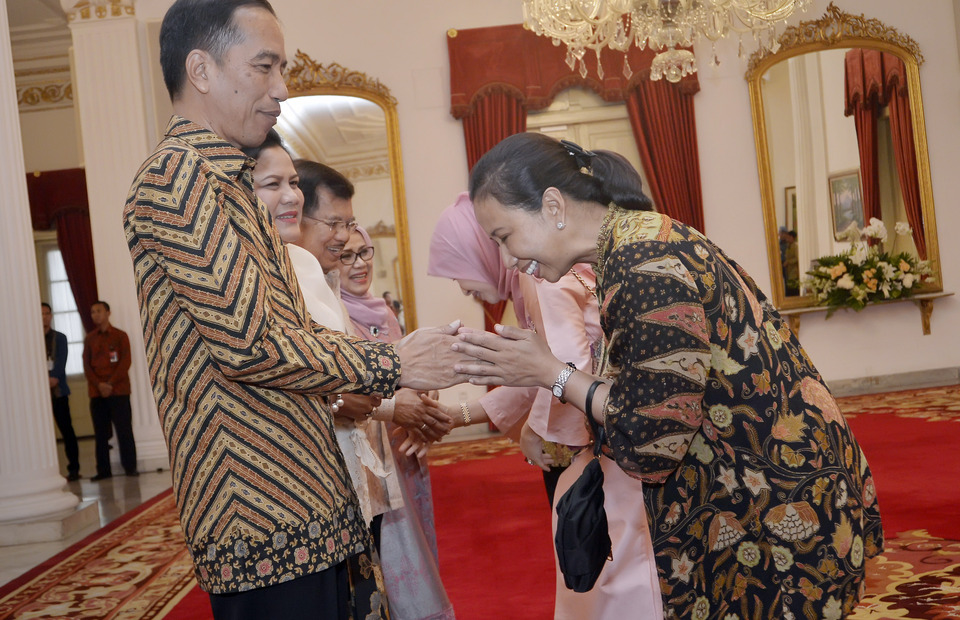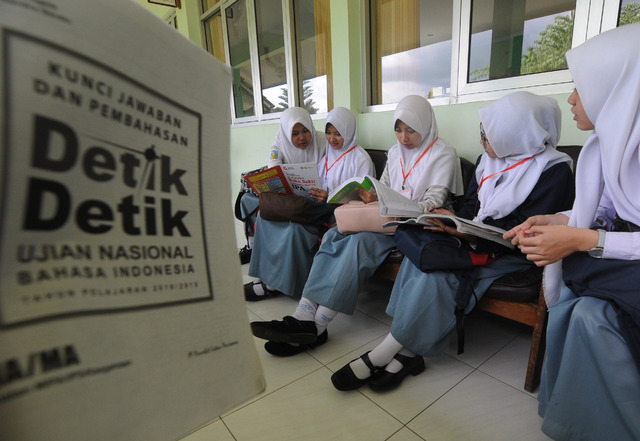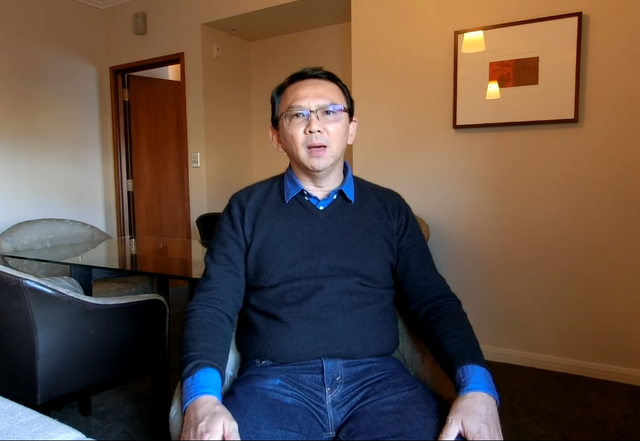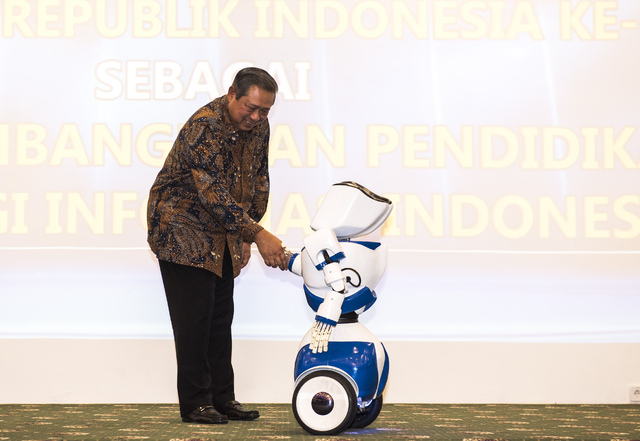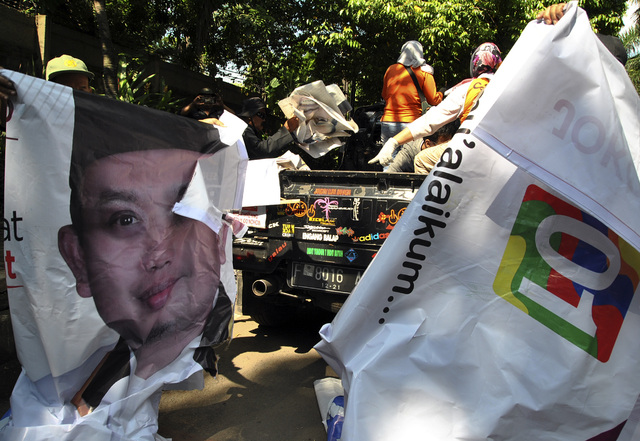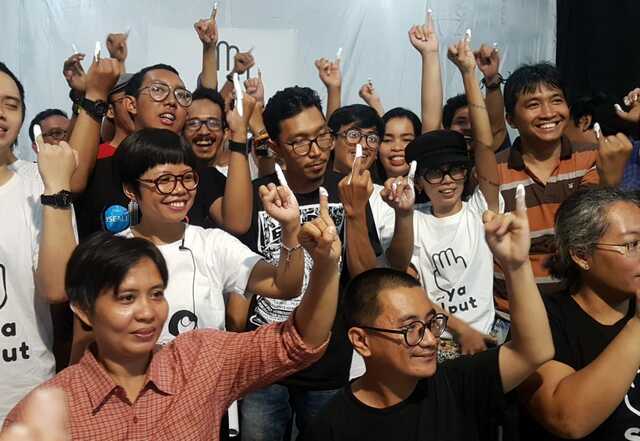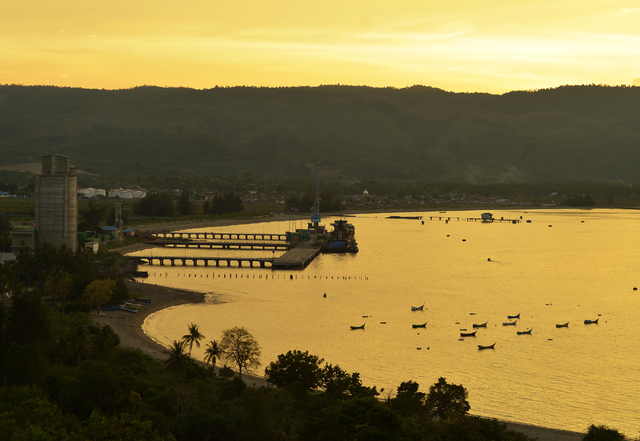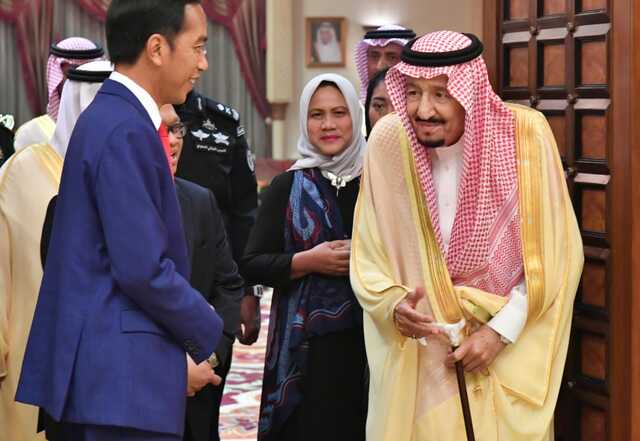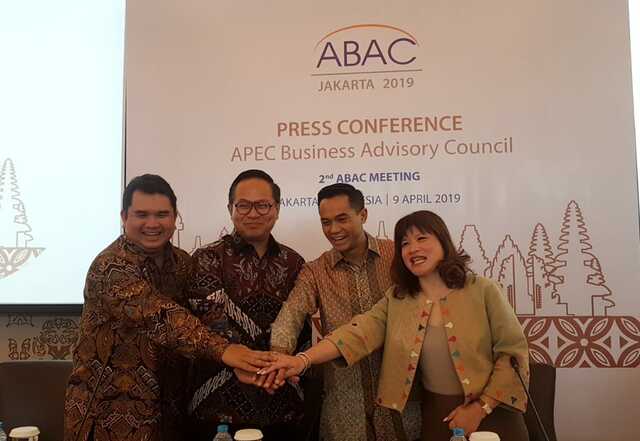Commentary: Jokowi's Cabinet Reshuffle Leaves No Doubt Who's in Charge, the President Himself
BY : JAKARTA GLOBE
JULY 31, 2016
President Joko "Jokowi" Widodo’s second cabinet reshuffle a few days ago has left a few questions unanswered, especially when two former senior ministers were unexpectedly called back. Former Soeharto strongman General Wiranto returned as Chief Security Minister and former finance minister under Susilo Bambang Yudhoyono's presidency, Sri Mulyani, was reinstalled in the same post she left six years ago.
On the surface, Jokowi's cabinet shake-up looks like it was intended to improve the performance of the economic and maritime affairs ministries. In the last few months, the president has hardly disguised his dissatisfaction with both coordinating ministries and had hinted that some personnel changes were inevitable. And now, he's made good on his words.
Non-political appointments like Sri Mulyani and Archandra Tahar add to the increasingly long list of industry professionals appointed to Jokowi’s cabinet. Whether or not they can lift their respective ministries' performance remains to be seen.
But what the public wants to know more is the political horse trading — or as we say it in Indonesia, "cow trading" — behind the latest reshuffle. Suffice it to say, this round of reshuffle has knocked some doubts on Jokowi’s political leadership for six. Jokowi is the skipper of his team, leave no doubt about that.
Previously, many speculated there were at least three shadowy puppet masters running things in Jokowi’s administration: Vice President Jusuf Kalla, Indonesian Democratic Party for Struggle chairwoman Megawati Soekarnoputri — who brought Jokowi the presidency — and his old Chief Security Minister Luhut Panjaitan.
The latest cabinet reshuffle shows clearly who is the real man in charge of the cabinet: the president.
It is also clear that the latest shake-up of the cabinet was also done to satisfy the demands of the president's new coalition of parties, though Jokowi seemed to have managed to flex his muscles to in this regard, with some parties being left befuddled to work out if they have lost more than they have gained.
Cabinet shake-up works to Jokowi's advantage
Having secured the backing of the National Mandate Party (PAN) and the Golkar Party in his new coalition, Jokowi could be excused for thinking that he might finally be able to get his cabinet to work full bore to reach the goals of his much-promoted nine-pronged structural reform program, the "Nawacita."
Both parties have now been given seats in the cabinet, though Jokowi seems to have flummoxed Golkar with his choice of Airlangga Hartarto — by all accounts not a popular figure in Golkar — as minister of industry.
Rushing to get his new ministers to work, Jokowi dragged them to their first plenary meeting barely hours after they were sworn in, The president's messages were clear: avoid conflict, focus on work (as he always says, "work, work, work") and create strong synergy between the ministries.
The team must come first, Jokowi seems to say. Outspoken and controversial ministers like Rizal Ramli, Yudi Chrisnandi and Ignatius Jonan were not team players and that's why they must go. In Rizal's case, people could be forgiven for thinking that his string of verbal attacks on his own colleagues might have just been too much for the quintessential soft-spoken Javanese in Jokowi.
There is also the future to look forward to — specifically 2019, when the next presidential election will take place. Jokowi needs a government that works and that the public likes. And for that, he needs to make compromises with his coalition of parties while at the same time getting enough people on his side to push through with his populist agenda.
Now we know where the Nawacita will lead us to: a second term for the real, beloved puppet master of the people, President Jokowi.
Arizka Warganegara is a political analyst and a PhD Candidate in Political Geography at the University of Leeds.

